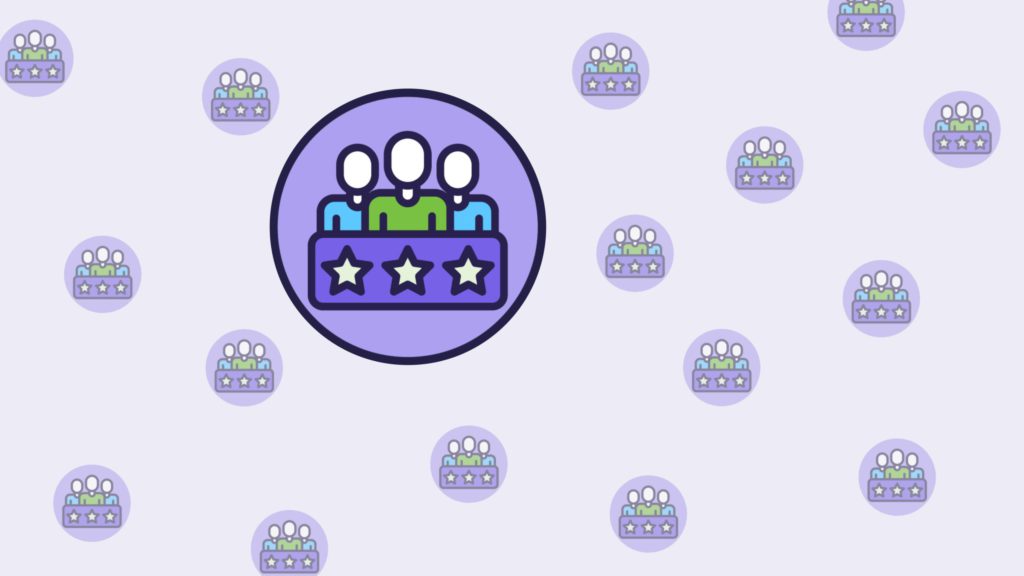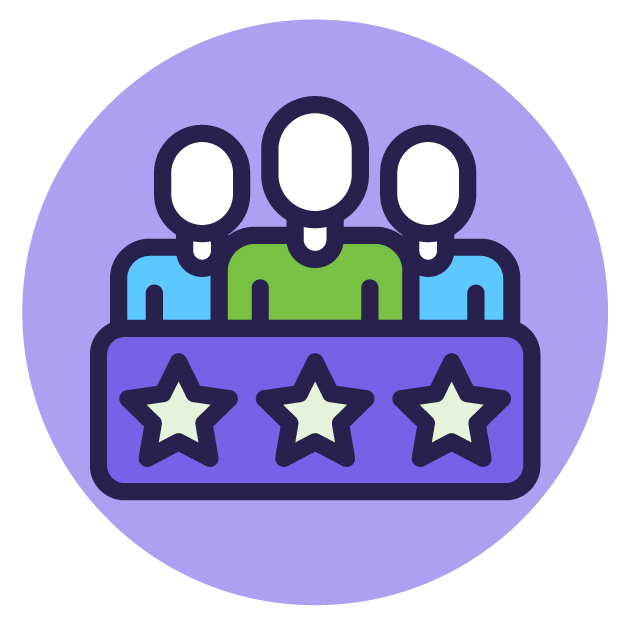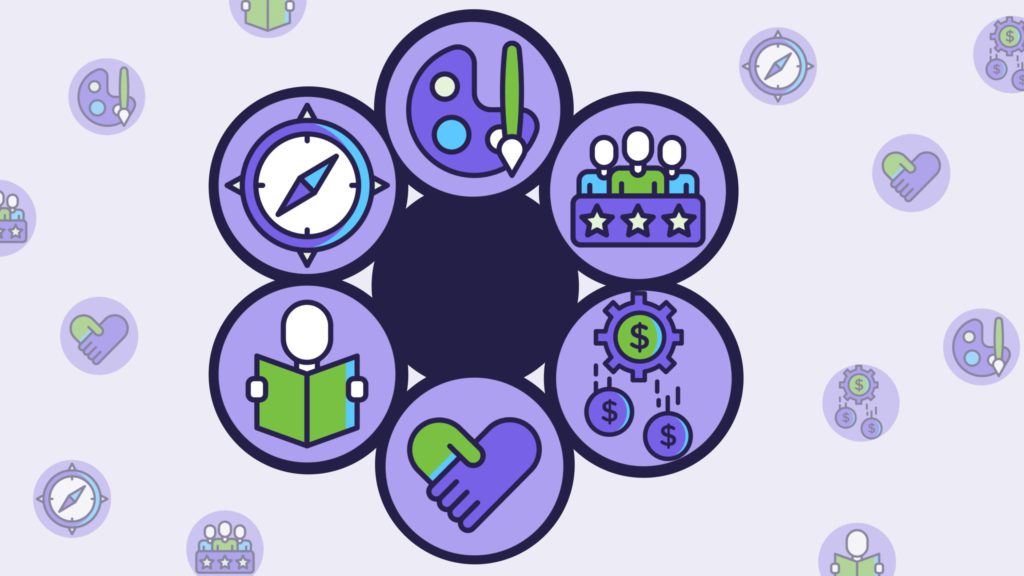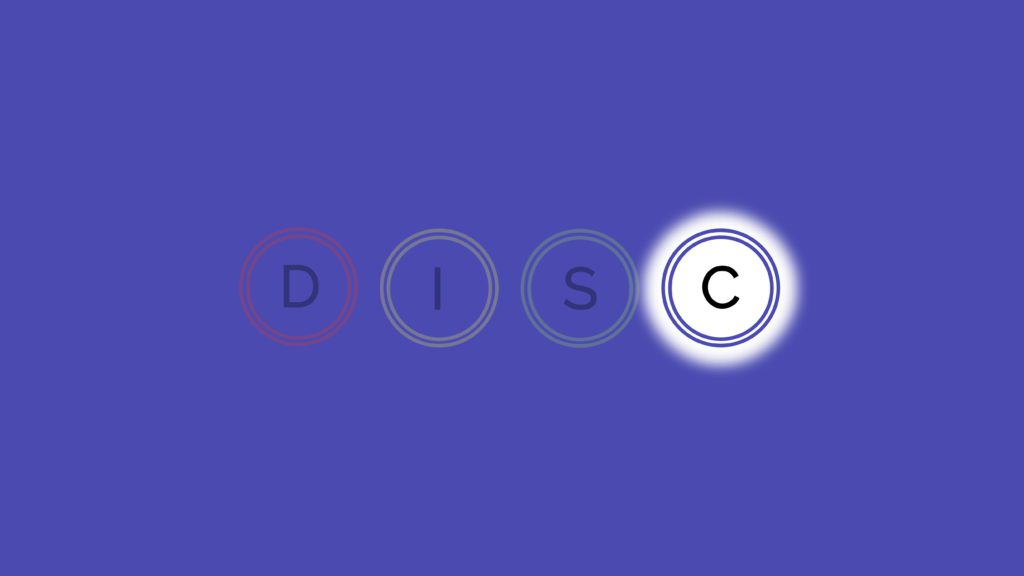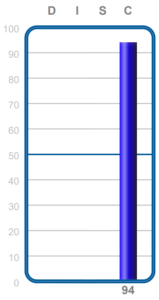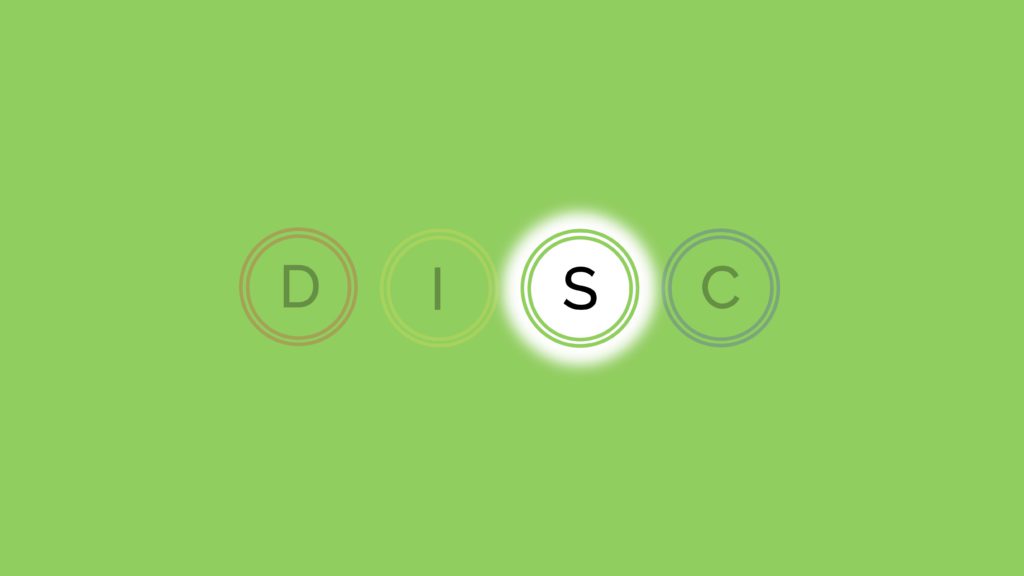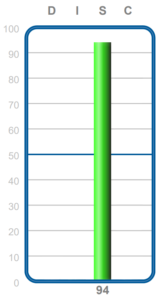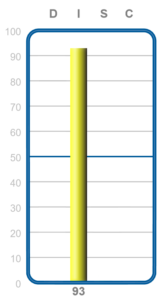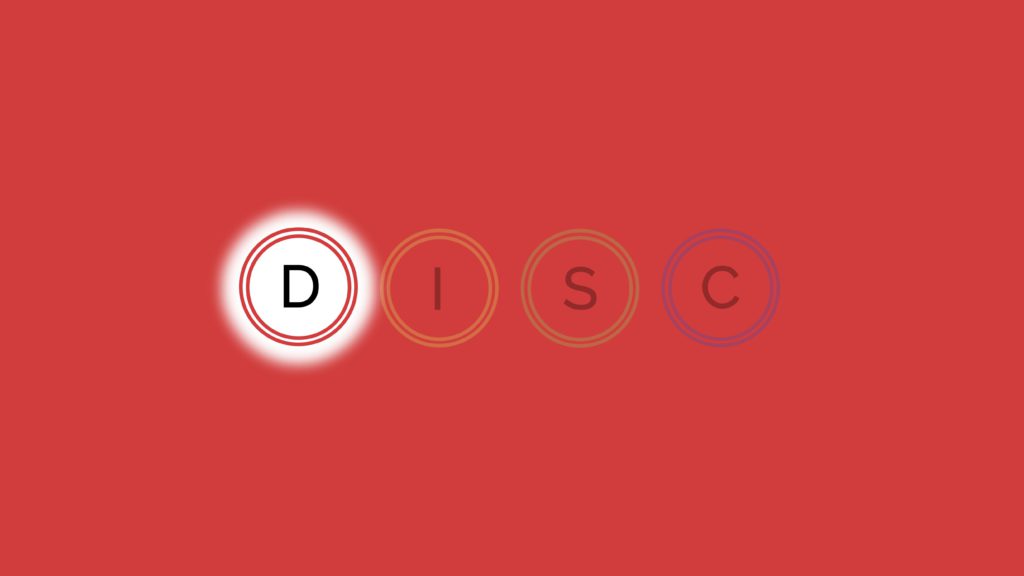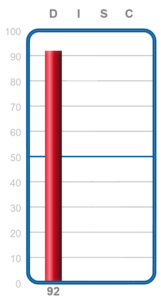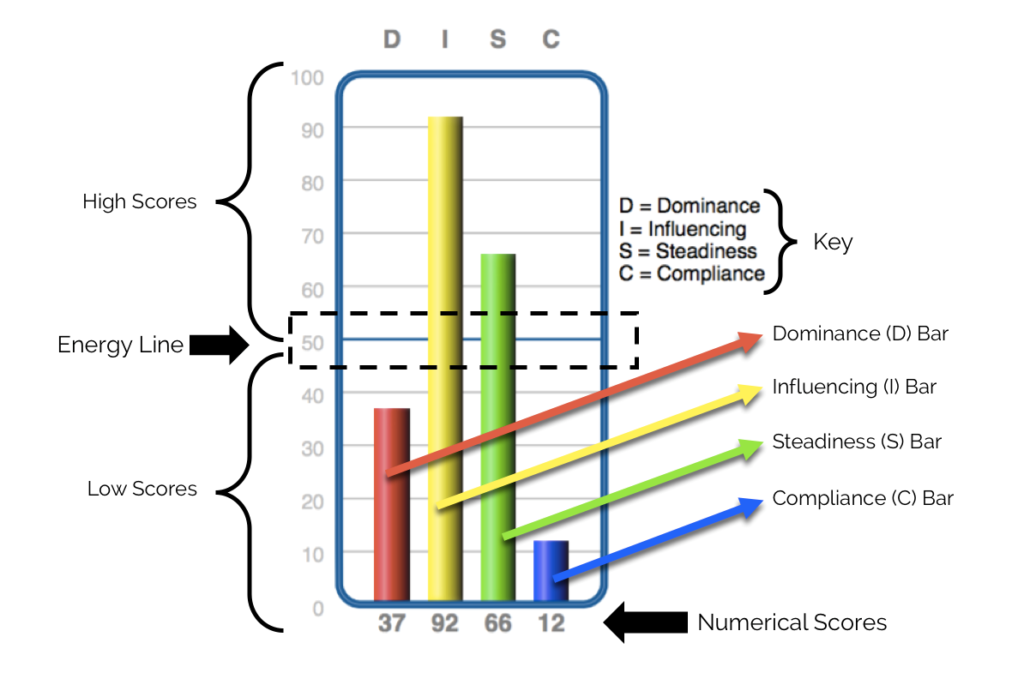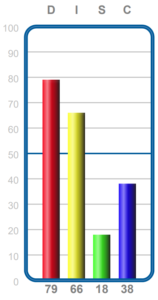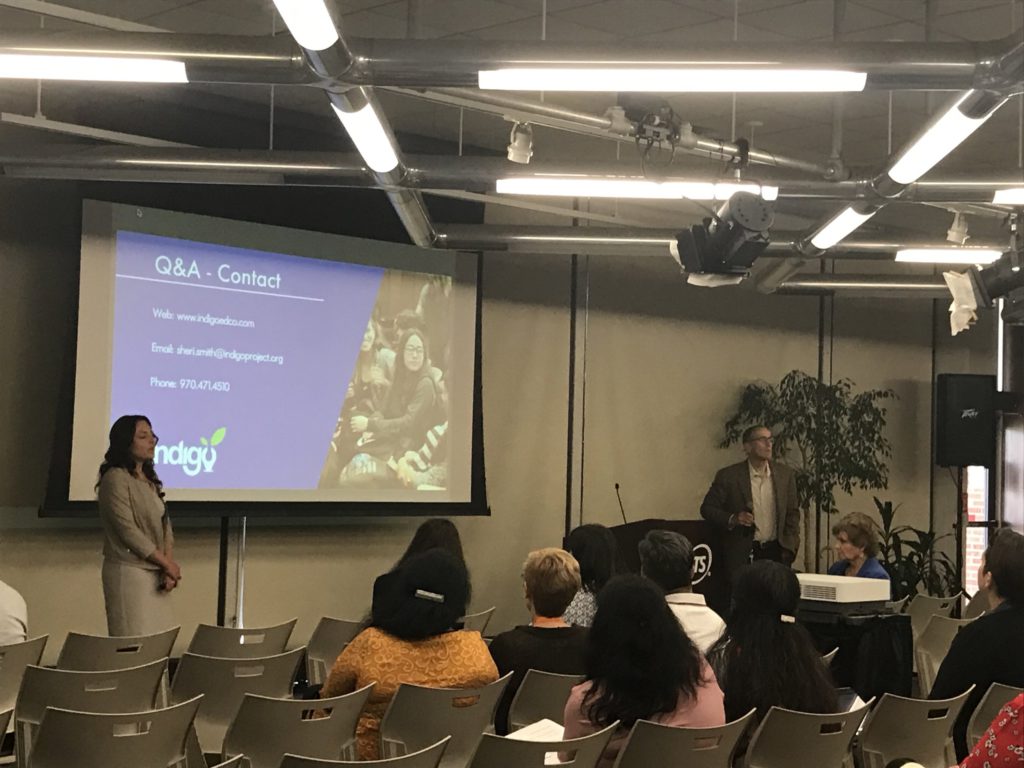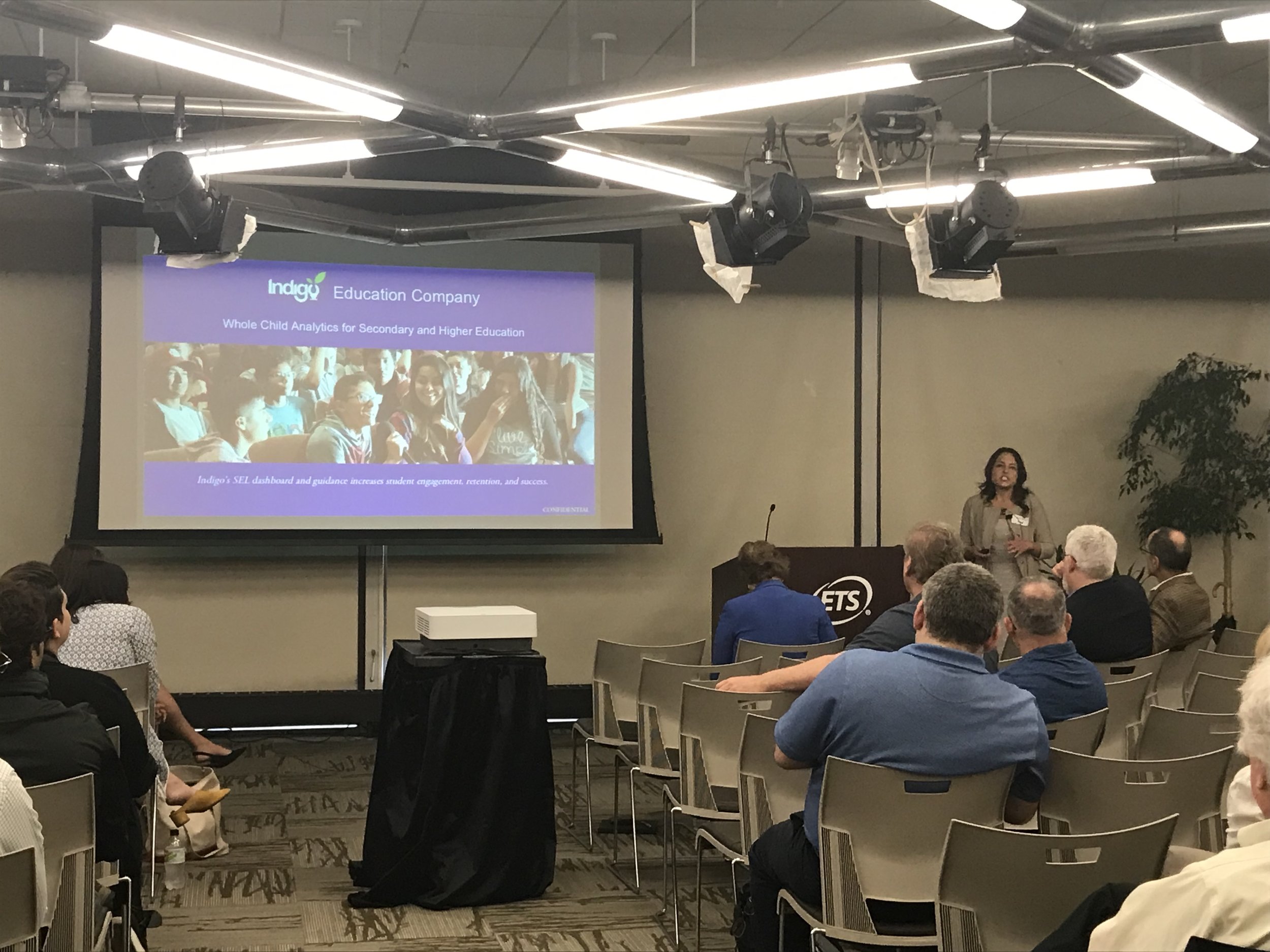Understanding Motivators: Social
Desire to help others or solve society's problems.
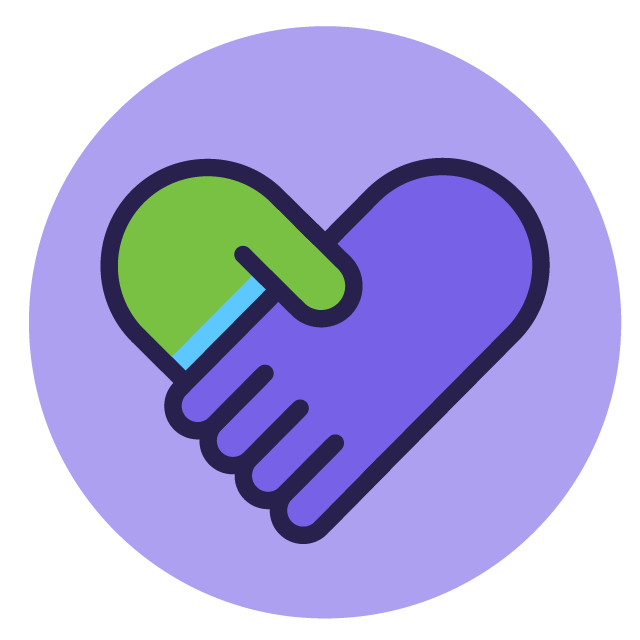
People who have a High Social motivator want to find ways to give back to their community. If they understand how their education will help them help others, they become much more engaged in academics. If you are a High Social, it’s important for you to figure out where you want to give back (work with people, volunteer, join a community advisory council) and how you can make a difference in that area.
Passionate Socials’ core question in life is typically, “What is my cause?” It’s totally OK if you don’t know your cause yet. Just start helping people and working with organizations that are solving social problems you are interested in. Resonant social causes are also typically in areas where you might have experienced personal pain. Don’t be afraid to heal yourself, then go back to help heal others in the same situation.
Reflection Questions: High Social
If Social is one of your top two motivators, consider the questions below. Remember, the higher your score is, the more you may feel passionate about that motivator. If you have a very high score, think about how it might stand out in your life and how you can use your passion in practical ways. The lower your score is, the more negative you probably feel about that motivator.
- What is your cause?
- To what issue do you want to give your time?
- What injustice makes you angry?
- What problem do you want to solve in the world?
- How do you want to make a difference?
- How can you use your education to gain the skills to make a difference in the world?
- Motivators can help you know what you want most out of your career and future plans. Do your future plans align with your top motivators?
For more information about the Indigo Assessment, visit https://indigoeducationcompany.com/indigo-assessment/
Understanding Motivators: Social Read More »


